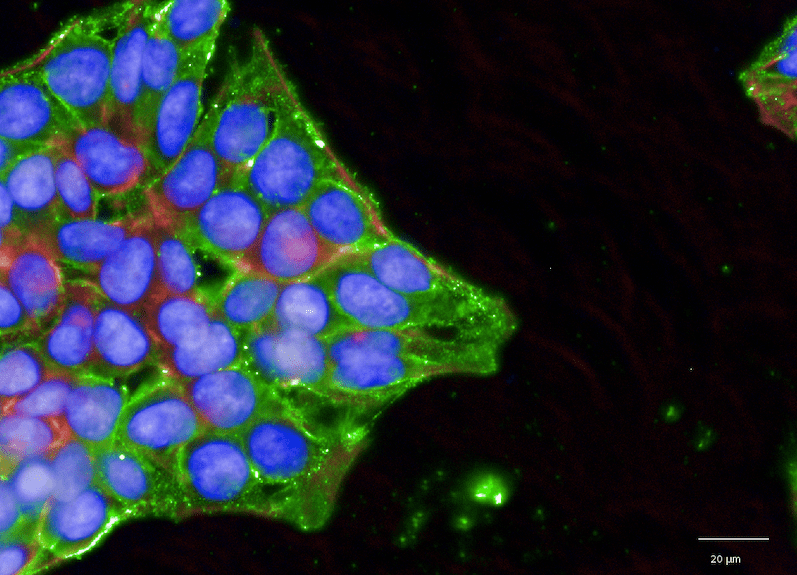Channels
Special Offers & Promotions
Investigating the Role of Heparins in Combating Covid-19 Infection

AMSBIO reports on the pioneering work by researchers at the University of Sheffield, UK to measure the interaction between the SARS-CoV-2 Spike S1 protein receptor binding domain (SARS-CoV-2 S1 RBD) and heparin. This has resulted in a new assay which could be a useful first screen for novel inhibitors of coronavirus infection.
Evidence is mounting that SARS-CoV-2 uses heparan sulfates (HS) during the initial attachment to hosts cells, and this interaction appears to increase the affinity for the critical receptor, ACE2. The viral spike protein has a high affinity for heparin, particularly unfractionated heparin (UFH).
Dr Peter Monk, Professor of Immunology at the University of Sheffield Medical School commented "We have shown that sub-prophylactic doses of UFH can inhibit spike protein interactions with host cells whereas low molecular weight heparins (LMWH) such as enoxaparin and dalteparin are less effective. These findings have implications for the treatment of Covid-19. Current treatment often involves the administration of LMWH in the later stages when widespread blood clotting occurs. Earlier administration of UFH, or the delivery of nebulised heparin directly to the worst-affected organ, the lungs, may be an interesting therapeutic intervention to explore".
Adding to its comprehensive range of coronavirus research tools, AMSBIO now offers a suite of high quality Heparan Sulfate (HS) antibodies. These HS antibodies include F69-3G10, F58-10E4 and JM403 clones, which have been proven useful for targeted detection of varying levels of sulfated HS specific thought to be important in virus attachment.
Heparan Sulfate, also available from AMSBIO, is synthesized as the glycosaminoglycan (GAG) component of Heparan Sulfate Proteoglycans. It is expressed on the cell surface of virtually all cell types and basement membranes in mammals. It displays specific interactions with many biologically active proteins and, thus, is involved in many important biological processes. The non-immunogenic character of HS makes raising antibodies to this target very difficult, so the few hybridoma-derived mouse anti-HS antibodies such as JM403, 10E4 and 3G10 are valuable tools for HS research.
AMSBIO has produced an 'Applications Guide for Heparan Sulfate Antibodies' that brings together a wide range of information including protocols, results and citations from customers working in this area.
Learn more - Heparan Sulfate antibodies
About AMS Biotechnology
Founded in 1987, AMS Biotechnology (AMSBIO) is recognized today as a leading transatlantic company contributing to the acceleration of discovery through the provision of cutting-edge life science technology, products and services for research and development in the medical, nutrition, cosmetics and energy industries. AMSBIO has in-depth expertise in extracellular matrices to provide elegant solutions for studying cell motility, migration, invasion and proliferation. This expertise in cell culture and the ECM allows AMSBIO to partner with clients in tailoring cell systems to enhance organoid and spheroid screening outcomes using a variety of 3D culture systems, including organ-on-a-chip microfluidics. For drug discovery research, AMSBIO offers assays, recombinant proteins and cell lines. Drawing upon a huge and comprehensive biorepository, AMSBIO is widely recognised as a leading provider of high-quality tissue specimens (including custom procurement) from both human and animal tissues. The company provides unique clinical grade products for stem cell and cell therapy applications these include high quality solutions for viral delivery (lentivirus, adenovirus and adeno-associated virus) in addition to GMP cryopreservation technology.
Media Partners


